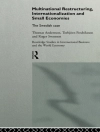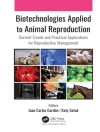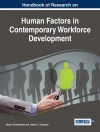This Handbook captures the salient features of Middle Eastern economies and critically examines the public policy responses required to address the challenges and opportunities across the region. Bringing together wide-ranging perspectives from carefully selected and renowned subject specialists, the collection fills a gap in this relatively young and growing academic field.
Combining discussion of theory and empirical evidence, the book maps out the evolution of Middle East economics as a field within area studies and applied development economics. Presented in six thematic sections, the book enables the reader to gain a comprehensive understanding of the region’s main economic themes and issues:
• Growth and development in comparative perspectives
• Labour force and human development
• Natural resources, resource curse and trade
• Poverty, inequality and social policy
• Institutions and transition to democracy
• Corruption, conflict and refugees
Providing an overview of the principal economic problems, policies and performances relating to the countries in the Middle East and North Africa region, this collection will be a key resource for upper-level undergraduates, graduates and scholars with an interest in Middle East economics, applied development economics, development studies and area studies.












